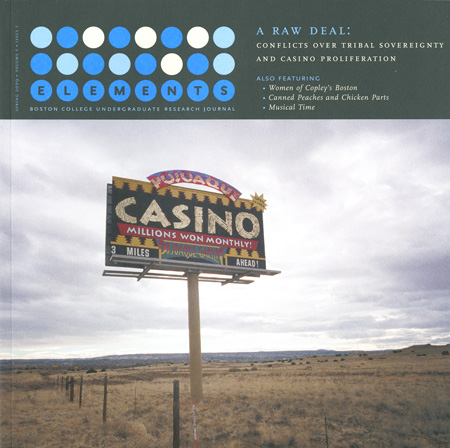Canned Peaches and Chicken Parts: Postmodern Food in Don DeLillo's White Noise
DOI:
https://doi.org/10.6017/eurj.v5i1.8908Keywords:
Spring 2009, humanities, literatureAbstract
Descriptions and interactions with food serve as signifiers of cultural values in the postmodern society of Don DeLillo's novel, White Noise. Amid a constant stream of name brand advertisements and flashy television commercials, characters struggle to find substantive meaning in their lives. DeLillo presents a consumer culture swamped in excess, belongings, and commodities, where food items characterize their buyers and even commodify their outlooks on life. From family bargain packs of potato chips indicating success and well-being, to plastic-wrapped slices of cheese facilitating an efficient yet isolated life, this essay discusses DeLillo's different uses of food imagery throughout the novel. DeLillo's portrayal of a postmodern consumer society is put into dialogue with acclaimed experts and critics Jean Baudrillard and Thorstein Veblen, as well as artistic work that comments on the role of 'pop foods' in contemporary American culture, incluidng works by pop artists Andy Warhol and Roy Lichtenstein and poet Allen Ginsberg.Downloads
Published
2009-04-01
How to Cite
Wong, N. (2009). Canned Peaches and Chicken Parts: Postmodern Food in Don DeLillo’s White Noise. Elements, 5(1). https://doi.org/10.6017/eurj.v5i1.8908
Issue
Section
Articles
License
Copyright (c) 2015 Elements

This work is licensed under a Creative Commons Attribution 4.0 International License.

